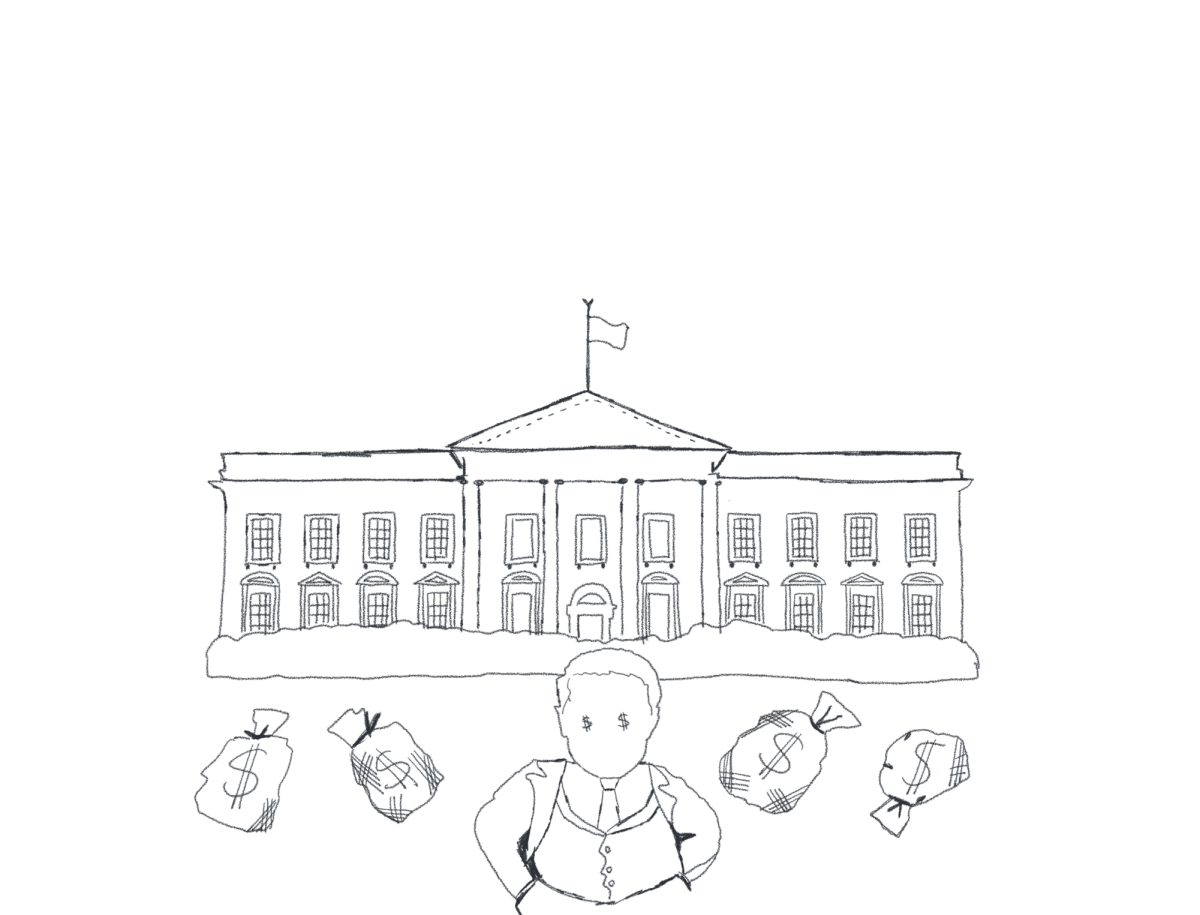As Austin continues to grow and evolve, the city, once known for its thriving local businesses, is becoming a hotspot for corporate acquisitions. In this rapidly changing environment, local businesses are now faced with the pressure of competing with larger companies.
One such business is the Strait Music Company, a family-owned business in Austin since 1963. Initially rooted in traditional instruments, Strait Music began selling guitars and amplifiers as rock and roll music became popular. Over the years, the store adapted to the changing demands and trends of Austin musicians and diversified to include band and orchestral instruments. Clint Strait, the current owner and grandson of founder Dan Strait, reflected on the company’s evolution over the past 60 years.
“As the business kind of grew, we expanded into different areas, primarily as the Beatles became popular,” Strait said.
However, throughout its 60 years in Austin, the Strait Music Company has gone through multiple obstacles and changes. For example, a severe flood in 1981 almost put an end to the company, and there were multiple changes in leadership as Clint’s father, Robert Strait, took over in 1982, and Clint took over about 18 years ago. Further change occurred when in May of 2023, Strait Music had to relocate after their previous location was closed down for further development, an increasing trend as Austin becomes a larger city, according to Downtown Austin Alliance.
“We’re like a full-line music retailer, pianos, guitars, pro audio, band, orchestra, everything,” Strait said.
Due to their success, Strait noted that the company had received offers from other companies to buy Strait Music. However, none of these offers have ever been seriously considered. He added that high occupancy rates and competition from online retailers complicate the situation for independent businesses, emphasizing that adapting to your new market is key.
“I think every individual business has to make their own decision,” Strait said. “A lot of times selling your business could be your retirement plan.”
Officially established in 2008, Austin Pets Alive! (APA) began as an effort to save animals from the euthanasia list. They have grown considerably over time, helping about 11,000 pets a year and keeping Austin a no-kill city.
APA’s mission expanded after Hurricane Harvey in 2017, allowing the organization to become a leading rescue operation in Central and South Texas. Luis Sanchez, director of public relations at APA, noted that as a nonprofit, APA does not consider offers from other organizations for acquisition in the same way for-profit businesses do.
“We do get big grants and funding from other organizations,” Sanchez explained.
Sanchez acknowledged the importance of maintaining partnerships with larger organizations. As a nonprofit, APA has partnered with Best Friends Animal Society, PetSmart, Chewy, Purina, and more to sponsor specific programs they have in place.
“Best Friends Animal Society provide[s] a lot of funding to our programs,” Sanchez said. “We have a lot of partnerships that are part of our mission, but we haven’t necessarily had that conversation, at least to my knowledge, of being essentially brought out by another organization.”
Sanchez highlighted challenges such as inflation, the rising cost of supplies, and the need to attract and retain qualified staff, especially in Austin where, according to the Austin City Chamber of Commerce, inflation is worsening. These factors have made keeping a local business open more difficult and require more adaptation.
“You have to be quick on your feet,” Sanchez said. “We’re downtown, right on Town Lake, so for us, we have to fight to keep that spot downtown, because that, to us, is so symbolic of what Austin is.”
BookPeople, Texas’s largest independent bookstore, has been a staple in Austin culture for almost 54 years. Gregory Day, a long-term employee, shared insights about the store’s journey.
“We’ve been in our location here, which is at Sixth and North Lamar, for about 30 years,” Day said. “We do a lot of outreach and donation programs with donating books [to] prisons and other organizations.”
While BookPeople remains independent, it is not immune to the pressures that many other local Austin businesses face due to corporate growth. The store has not received any serious offers for acquisition, but Day expressed concerns shared by many who work at the store regarding the impact of large corporations on the local economy.
“It doesn’t do well for your local economy,” Day said. “We’re trying to spend money on the local economy. You’re putting money into your neighborhood and into your community.”
Day noted that large corporations often prioritize profit over community investment. This is a stark contrast to the values of businesses like BookPeople which focus on creating spaces that are culturally diverse for the local community. While BookPeople has managed to maintain its independence, the landscape around it is shifting as more corporate businesses enter the Austin market. In addition to the pressure brought on by corporate expansion, BookPeople is also navigating legal challenges surrounding House Bill (HB) 900.
“Our CEO is in the legal battle with the state of Texas over HB 900,” Day said. “It’s the bill that’s effectively trying to ban books from carriers here.”
Book bans are affecting business due to increased interference from the state, and they also reflect challenges local businesses face from economic forces and political and legislative shifts that actively impact their operations. Despite the difficulties small businesses face from the pandemic to expenses and political shifts, Day highlighted the joy it brings him and many other Austin locals to see local businesses flourishing.
“I know that it’s hard, but it’s great to see that so many businesses are still thriving,” Day said. “It just makes you want to try harder to preserve what you have.”
Regardless, Day remains hopeful about BookPeople’s future and its ability to maintain its community-driven mission. He believes that the store’s focus on community, culture, and its independent spirit will help it weather the pressures of a changing city.
“It is rewarding to come in and have a mission,” Day said. “It’s a passion. It’s passion first in running a business like this.”











